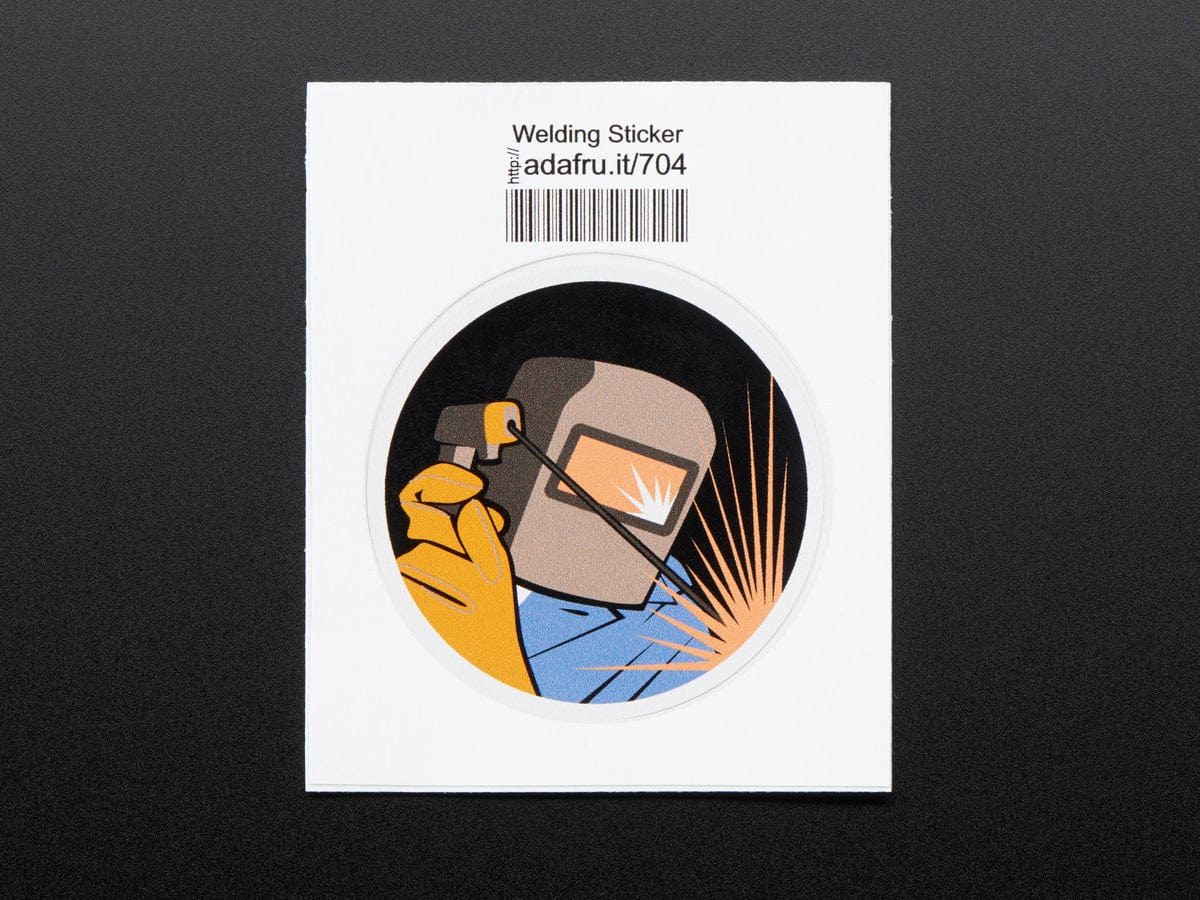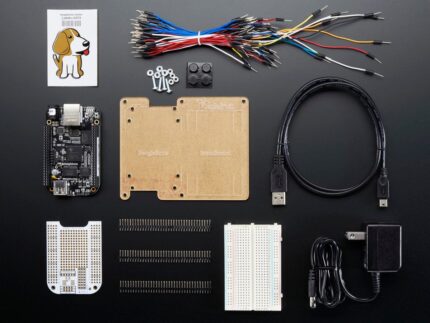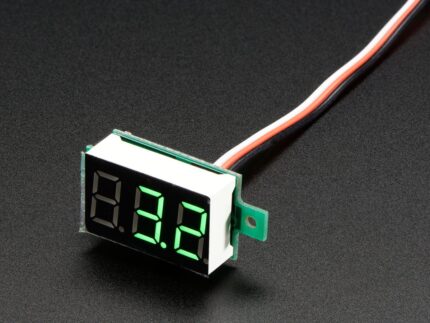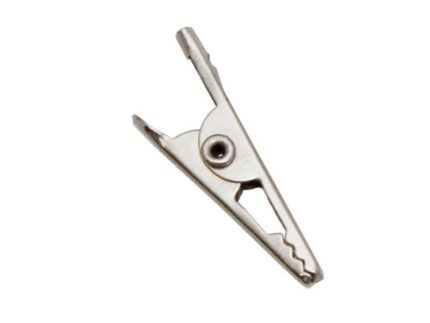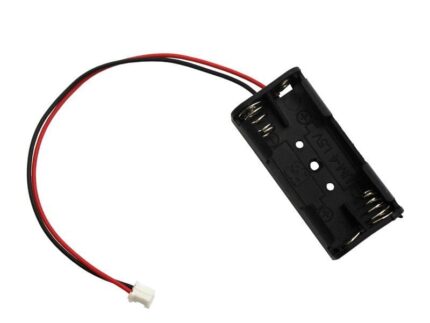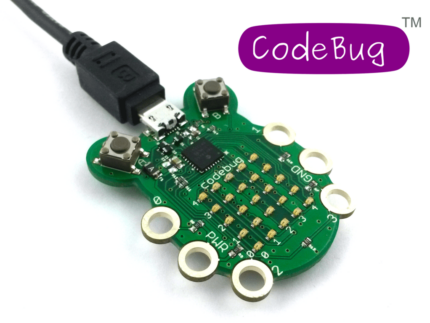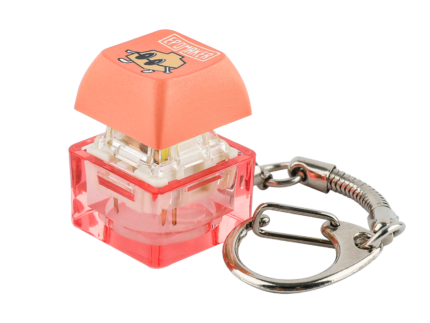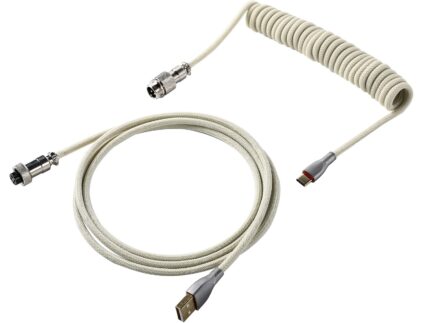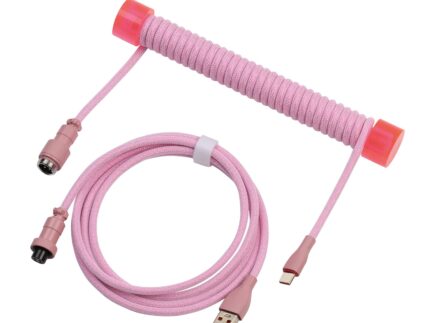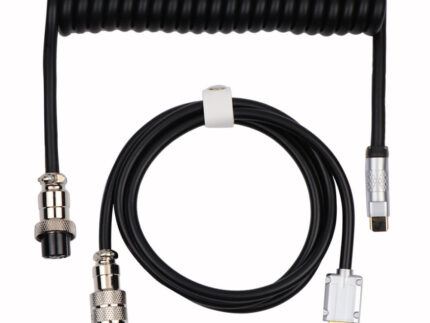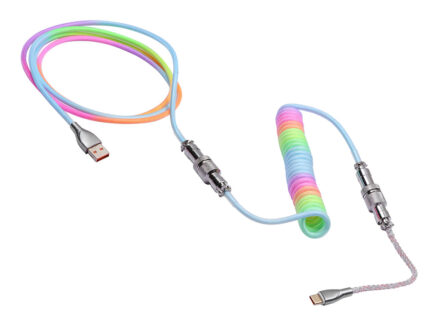Welding – Sticker! [Discontinued]
You are a welder of METAL! Adafruit offers a fun and exciting stickers to celebrate achievement for electronics, science and engineering. We believe everyone should be able to be rewarded for learning a useful skill, a sticker is just one of the many ways to show and share.
This is the “I learned how to weld!” sticker for use with educators, classrooms, workshops, Maker Faires, TechShops, Hackerspaces, Makerspaces and around the world to reward beginners on their skill building journey!
Perfect for laptops or the workbench.
These gorgeous stickers are glossy, vinyl and made to last a lifetime. Made with printing/vinyl machines that are solar powered and using the most green friendly supplies as possible.
MADE IN THE USA!
Welding – Wikipedia, the free encyclopedia.
Welding is a fabrication or sculptural process that joins materials, usually metals or thermoplastics, by causing coalescence. This is often done by melting the workpieces and adding a filler material to form a pool of molten material (the weld pool) that cools to become a strong joint, with pressure sometimes used in conjunction with heat, or by itself, to produce the weld. This is in contrast with soldering and brazing, which involve melting a lower-melting-point material between the workpieces to form a bond between them, without melting the workpieces.
Many different energy sources can be used for welding, including a gas flame, an electric arc, a laser, an electron beam, friction, and ultrasound. While often an industrial process, welding may be performed in many different environments, including open air, under water and in outer space. Welding is a potentially hazardous undertaking and precautions are required to avoid burns, electric shock, vision damage, inhalation of poisonous gases and fumes, and exposure to intense ultraviolet radiation.
Until the end of the 19th century, the only welding process was forge welding, which blacksmiths had used for centuries to join iron and steel by heating and hammering. Arc welding and oxyfuel welding were among the first processes to develop late in the century, and electric resistance welding followed soon after. Welding technology advanced quickly during the early 20th century as World War I and World War II drove the demand for reliable and inexpensive joining methods. Following the wars, several modern welding techniques were developed, including manual methods like shielded metal arc welding, now one of the most popular welding methods, as well as semi-automatic and automatic processes such as gas metal arc welding, submerged arc welding, flux-cored arc welding and electroslag welding. Developments continued with the invention of laser beam welding, electron beam welding, electromagnetic pulse welding and friction stir welding in the latter half of the century. Today, the science continues to advance. Robot welding is commonplace in industrial settings, and researchers continue to develop new welding methods and gain greater understanding of weld quality.
Adafruit’s stickers are manufactured in partnership with AMBRO Manufacturing located in NJ, USA. AMBRO is a family owned and operated business since 1990 that celebrates open-source with Adafruit Industries. You can meet their team here. AMBRO uses non-toxic soy based, water soluble and environmentally friendly printing supplies, threads and more when possible. AMBRO has over 250 solar panels that generate 50,000 Kilowatt hours per year. Their equipment runs solar powered, so the wonderful things AMBRO and Adafruit have worked together on are made with the sun! AMBRO Manufacturing was recognized by Impressions Magazine, a leading trade publication in the garment printing and embroidery business, who published an article highlighting AMBRO and their commitment to their environmentally focused manufacturing practices. Adafruit knows you have a lot of choices as to where you spend your money and time, we hope our open-source values, commitment to green technologies and partners helps make the decision easier and fun!
Technical Details
Size: 2.0″ x 2.0″ (50mm x 50mm).
